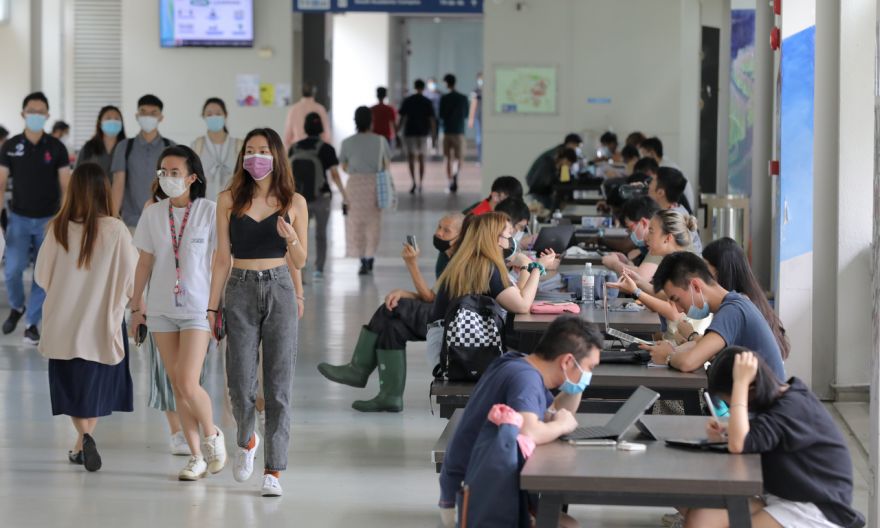Personal debt soars among young S’pore adults during pandemic

SINGAPORE – Personal debt among young adults here has been rising during the Covid-19 pandemic, and the situation could worsen once interest rates start to rise.
Credit Bureau Singapore data showed that while credit card borrowing showed no significant variation, people in their 20s have been taking on increasing amounts of other debt since the second quarter of last year.
The data showed that the average personal loans and overdraft balances for those under 30 rose by about 23 per cent in the first quarter of this year over the last three months of last year.
The average personal loan and overdraft balances for borrowers from 21 to 29 years old shot up to $49,689 in the first quarter of this year, about 42 per cent higher than the average of $34,941 in the first quarter of last year.
Borrowing limits in Singapore were capped in 2015, helping to keep unsecured debt in check.
The higher debts of late could have been fuelled by low interest rates, said experts.
Associate Professor Yu Yinghui, head of the Master of Finance programme at the Singapore University of Social Sciences, noted that the Government had capped the annual effective interest rate of unsecured personal loans at 8 per cent since April last year, as part of Covid-19 support measures.
But unemployment and lower earnings could also be driving young adults with fewer resources to personal loans and overdrafts as they try to borrow their way out of the crisis, experts noted. In March, the unemployment rate among residents aged below 30 was 6.4 per cent.
Associate Professor of Finance Song Changcheng from the Lee Kong Chian School of Business at Singapore Management University, said: “If it is due to youth unemployment, it is often transitory. And the Government already has the SGUnited Traineeships programme and other relief to help young people and help small firms hire young people.”
But it could also be because many are employed on paper but doing part-time jobs or food deliveries that do not pay enough.
Prof Song highlighted the research showing that most workers clocked fewer hours or took pay cuts rather than become unemployed last year.
OCBC Bank chief economist Selena Ling said the impact from rising personal debt among younger people will depend on when things turn around.
“If subsequently they can find permanent jobs, then they can pay off the debts. But if the duration is extended, then loan delinquency or default rates may rise,” she added.
Assistant Professor of Finance Ruan Tianyue from the National University of Singapore Business School said delinquency rates could rise when interest rates increase.
Currently, the overall delinquency rate is still low for this age group, so it would be hard to say if one might see more bankruptcies among the young, she added.
Credit Bureau Singapore (CBS) data showed that for those under 30, the personal loan delinquency rate climbed 13.4 per cent in the first quarter of this year, compared with the previous three months.
The rate refers to the percentage of borrowers with payments 30 days or more overdue.
Overdraft delinquency rate was up 12.8 per cent in the same period.
CBS executive director William Lim has noted an “increase in credit consumption for mortgage loans, personal loans and overdraft from this younger segment” in the first quarter of 2021.
“We believe it could be attributed to them being more active again following the pandemic-strained 2020 and possibly the higher property prices.”
CBS data also showed that mortgage debt for this age group was 2.6 per cent higher in the first quarter of this year compared with the last three months of last year.
But average credit card spending fell 5.6 per cent over the same period.



